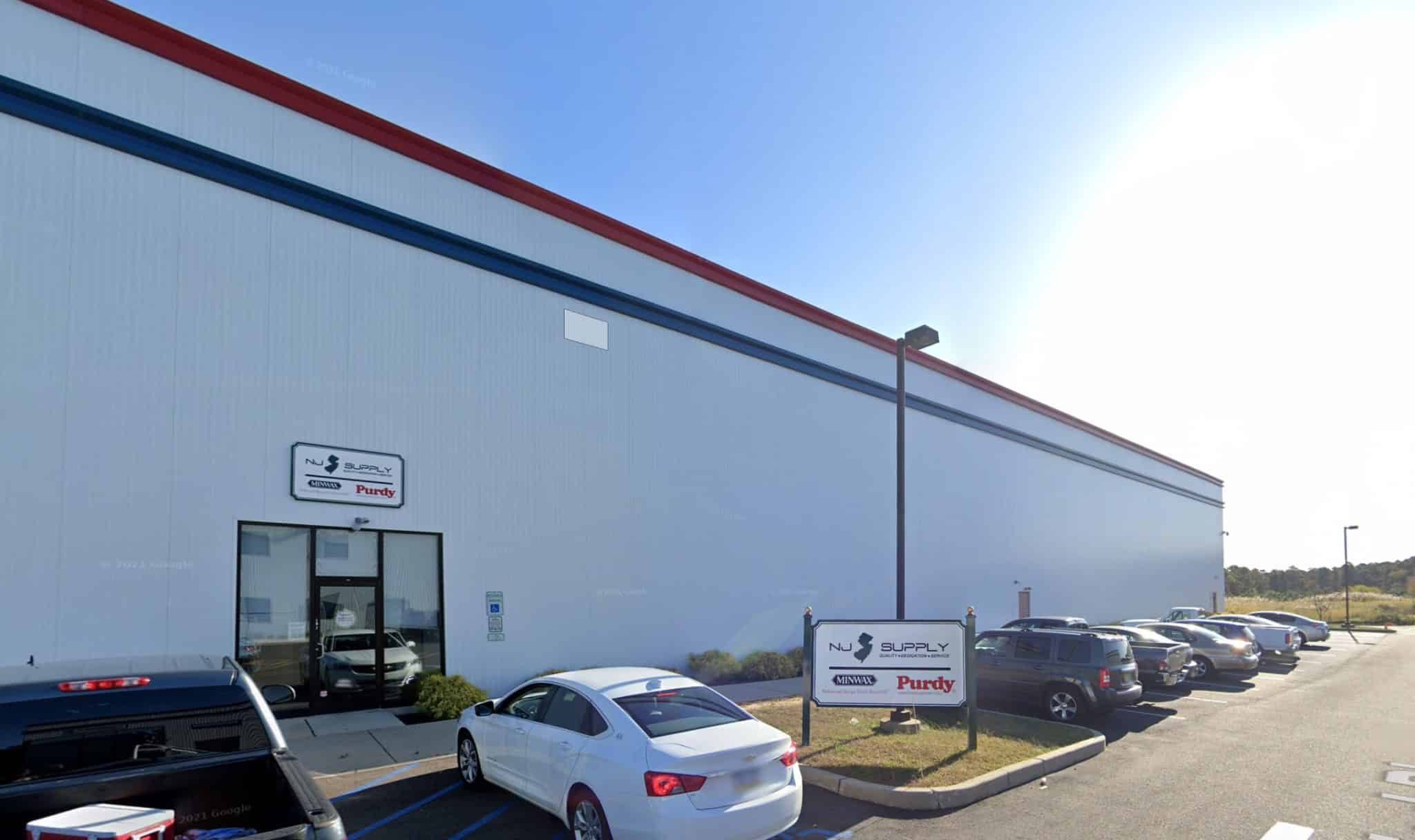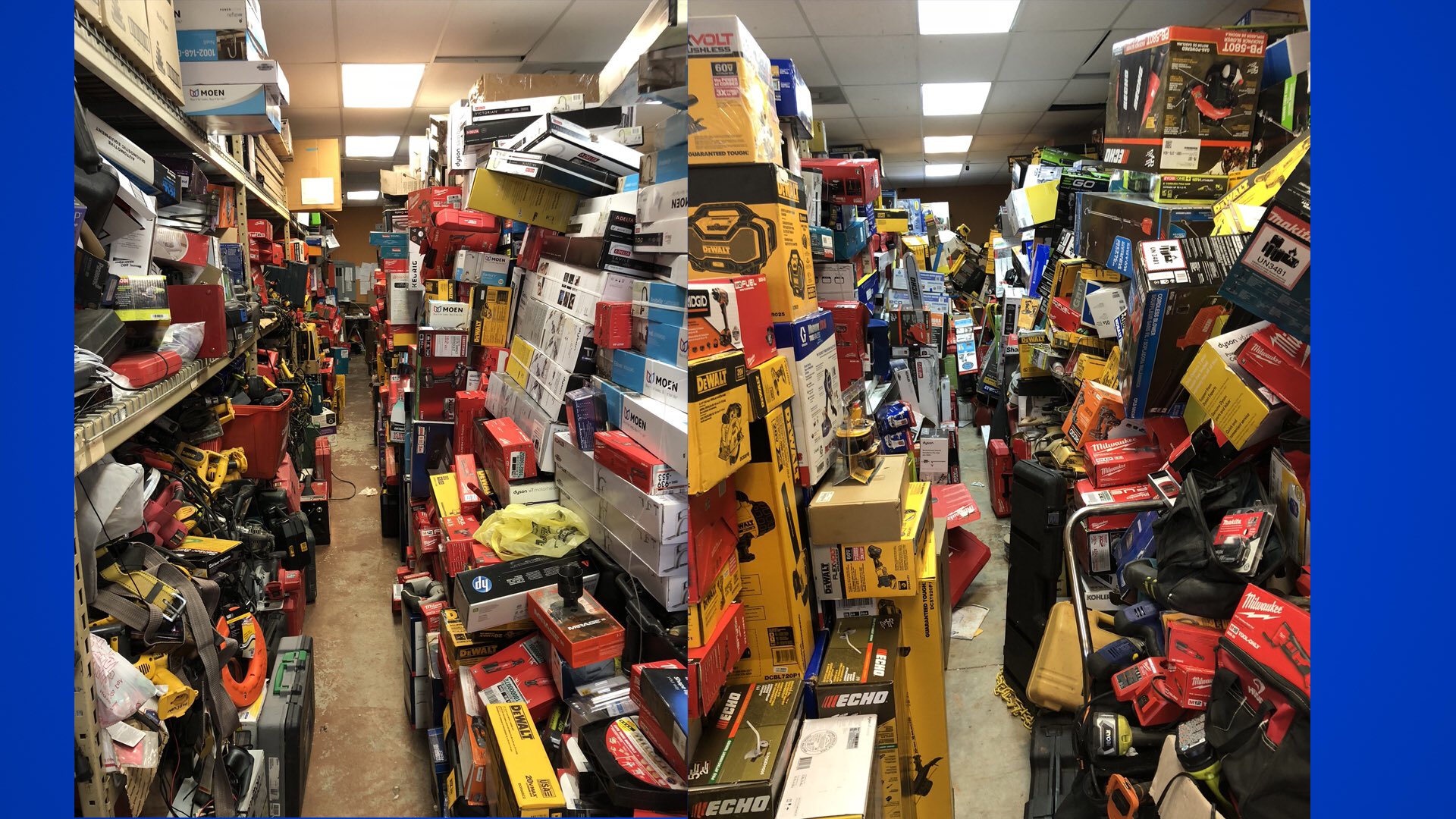The Billion Dollar Ghost Companies of Amazon Making Hundreds of Millions a Year
If you look at the top sellers of Amazon, there's names that you would recognize. There's companies like Best Buy, Yeti, and others. And then there's companies like Versure LLC, Hearthshire and other companies with no phone numbers or websites let alone actual physical locations.
You might expect this from a small brand being run by a university student in their basement looking to make some beer money (I was once one of those people!) but these are big businesses. These are companies doing hundreds of millions of dollars in revenue and sometimes even billions of dollars in revenue. How do they exist and why do they work so hard to have their identities hidden?
In this article, I'll look at some of the largest ghost companies of Amazon and also explain why they fight so hard for anonymity.
Top Amazon Sellers Include Ghost Companies as Well as Well-Known Brands
Each month EcomCrew compiles a list of the top third party sellers of Amazon (who make up well over 60% of all products sold on Amazon). While some of the brands may not yet be household names, there are many brands that are becoming dominant brands in the D2C space like Anker Direct and Mary Ruth Organics.
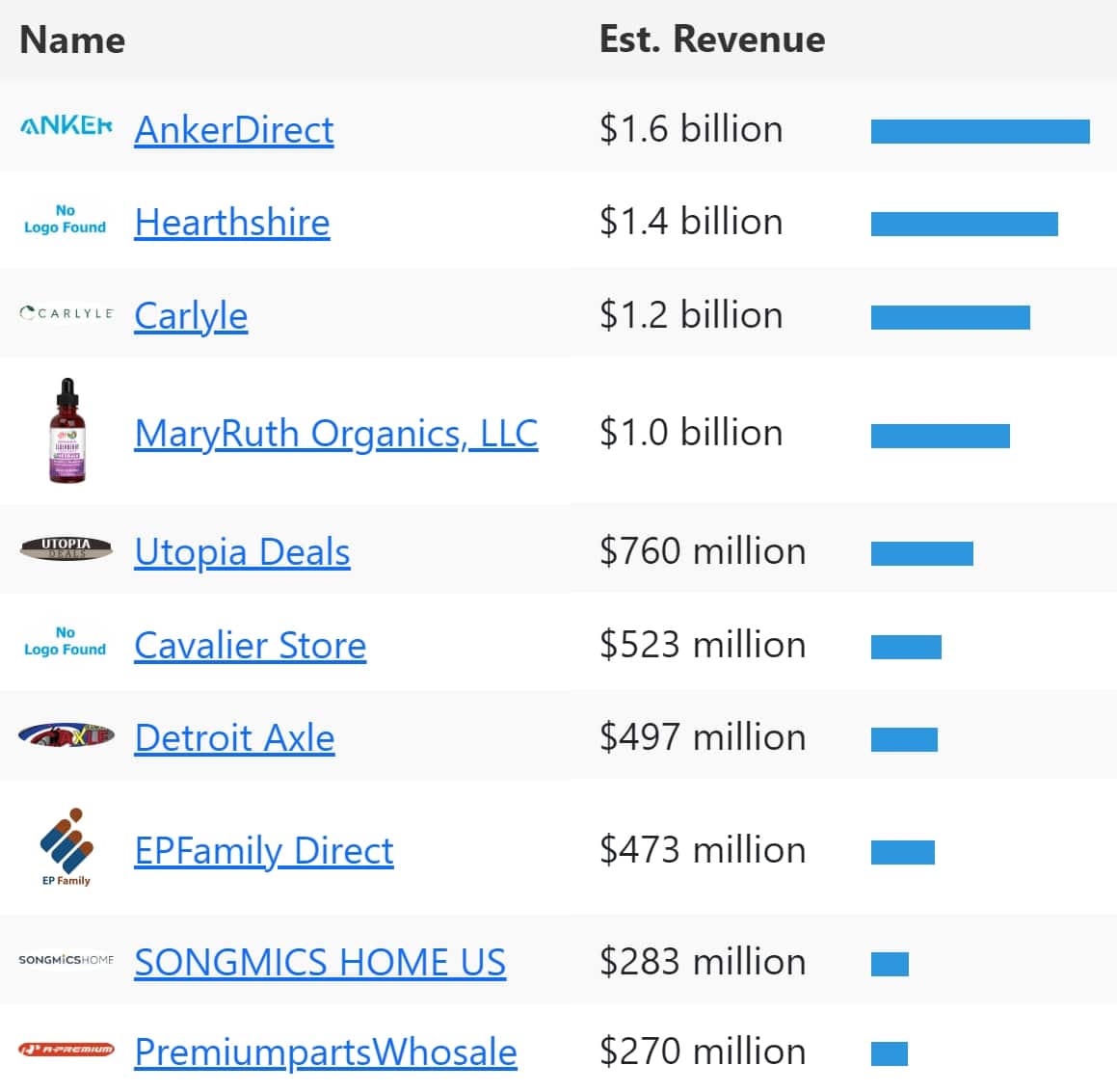
Anker is one of the largest D2C electronics brands in the world (and also a publicly held company in China). Pattern. is one of the largest ecommerce distributors/agencies for traditional brands and Mary Ruth Organics has been one of the fastest growing supplements/vitamin brands for years. All of these companies have what you would expect from a company doing over a billion dollars in annual sales: they have elaborate and beautiful websites, large corporate offices somewhere in the country, and sometimes quarterly stock filings.
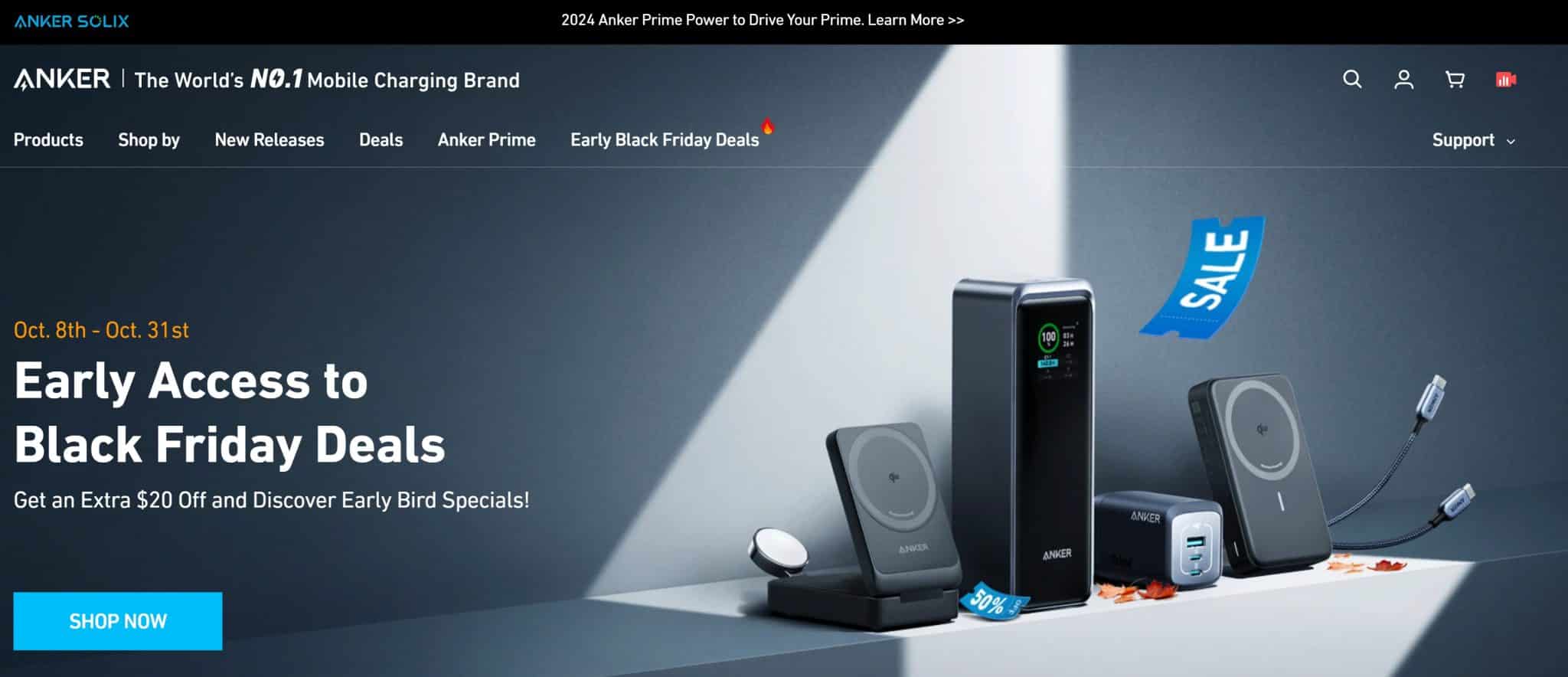
But then there are other companies on this list with billions in revenue yet they have none of the aforementioned qualities that you would expect from companies of their sizes. They have no websites, phone numbers are non-existent, and their ‘head offices' are often a PO box in a low-tax state. Here's two examples of these companies: Hearthshire and Versure LLC.
How are Third Party Sellers Revenue Estimated?
Each month we compile a list of the estimated revenue of the top third party sellers on Amazon based on a number of data points including seller feedback and publicly available Amazon sales history. Most of the top third party sellers are privately held companies and the numbers shown are estimates which could be higher or lower than estimated.
Two Examples of Billion Dollar Amazon Ghost Companies
Allow me to give you two example of billion dollar ghost companies: Hearthshire, which is consistently a top 5 seller on Amazon (and has estimated annual revenue of over $1billion) and Versure LLC, which is consistently a top 25 seller and has estimated revenue of over $100million.
Let me start off by prefacing two things. First, these are private companies and we have estimated their revenue strictly based on their Amazon sales. There's high variability here and revenue could be over-stated or understated. Second, despite their anonymtity, both are likely every bit as legitimate as any company of scale and Amazon is now fairly good at stamping out bad actors fairly quickly. These companies just happen to operate in a world where secrecy is often required (more on this later).
Let's start with Versure LLC.
Ever heard of them? I sure haven't. But hundreds of thousands of people have purchased from them. Currently they have approximately 9000 items for sale, have over 150,000 positive feedback from customers and have an estimated revenue in excess of $100million per year.
Their registered address is at 2212 NW 91st St, Florida to an individual by the name of “John Hancock” (a close relative of John Doe). A simple Google Maps street view pinpoints the address not to a fancy Silicon Valley office building or to a large warehouse in an industrial park but rather to a small business center/notary public in Miami.
And what happens if you search for VerSure LLC? Essentially zero information is returned for them (in fact, their seller profile page on EcomCrew is the first result). The second result is a a lawsuit filed in New York by a company called Health Life NY who has a DBA as “VerSure” which is a strong indication VerSure is/was operating under the name Health Life NY (and potentially a company called Silver Deals LLC as well).
Having multiple DBAs (“doing business as”) and using a “registered agent” (or notary public) as your official address is definitely not illegal and not even that unusual. What is unusual is for a company of their size to be shrouded in such a heavy cloak of secrecy.
And Hearthshire? It's once again the same thing – there's no website, no phone numbers and a discreet mailing address. The address listed in their Amazon profile is at 200 Continental Drive in Newark, Delaware but this is just an office building shared by many other companies and likely just the address of Hearthshire's registered agent.
In fact, I purchased a package from Hearthshire just to see if I could position it to a company with a more significant offline presence – one conducive to shipping out tens of thousands of packages a month. This time the address came from discreet industrial park in Sickerville NJ.
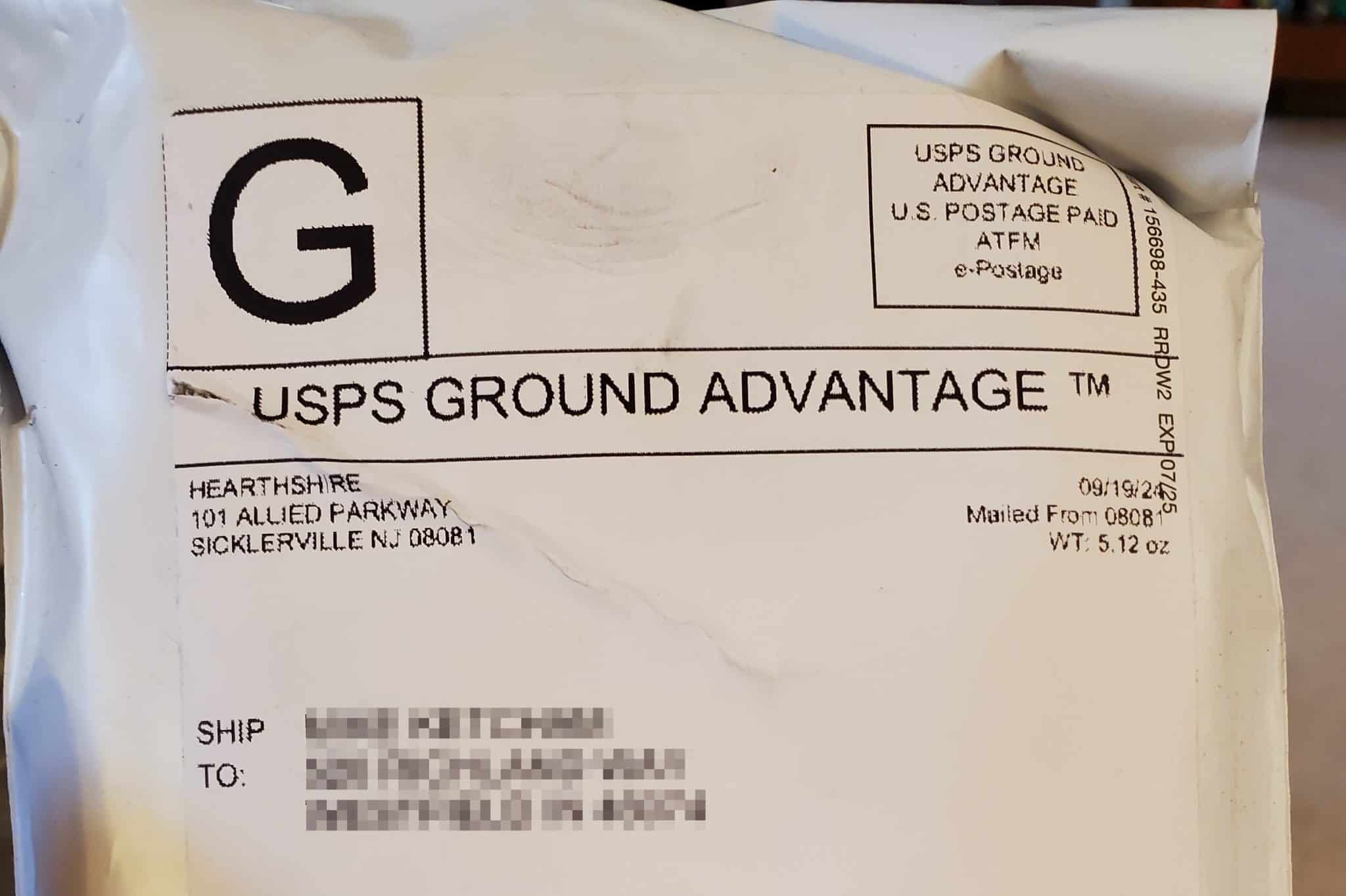
Google Streetview showed the address belonging to a company called “NJ Supply” as shown below. By all accounts, Hearthshire appeared to be dropshipping its products from whichever company occupied that address (which again, is a totally credible business practice which Amazon itself coaches sellers on).
Now Versure and Hearthshire are not unique – if you look through the list of the top sellers on Amazon you'll find dozens and hundreds of other companies just like them. But what exactly is going on here?
Different Business Models Entail Different Levels of Secrecy
There's one common thread amongst ghost sellers on Amazon – they're often resellers of other brand's merchandise opposed to selling their own products under their own brands. This is in comparison to private label/D2C brands like Anker who are manufacturing products under their own brands.
Hearthshire, for example, sells hundreds of different items from DeWalt, the large tool company based in the U.S.. Versure sells products from brands like Perry Ellis and Revlon. Reselling another brands' products is not illegal and, in fact, an extremely common practice on Amazon. Sellers seek to buy goods ‘low' and sell them for a higher price on Amazon. It's what is commonly referred to as “Retail Arbitrage”.
Often larger Private label/D2C brands like Anker want to be loud and to have fancy websites, large social media presences and (to a lesser degree) easily identifiable contact information to support their on-Amazon sales. For resellers though, they expect the product brands they sell to provide the marketing and customer support, not them. However, on top of this, there's one other reason these brands often seek anonymity: they want to be secretive about the sources of their products.
Resellers Strictly Guard Their Sources of Products
Resellers can buy their goods from a number of sources including the product manufacturer themselves, distributors, other retailers, liquidators, and sometimes more nefarious channels. Essentially, the seller who can source a popular brand the cheapest is the one who is poised to make the most money. However, if you're a brand such as DeWalt tools, you basically want everyone paying the same cost and selling for the same price. Brands fight hard to maintain MSRPs – Manufacturer's Suggested Retail Price.
MSRP is, for the most part, not legally enforceable. DeWalt can request that Home Depot sell its hammer drill for $299.99 but Home Depot isn't breaking the law if they don't. However, what DeWalt can do is to stop selling to Home Depot if they don't follow its rules. This is one of the reasons why many major brands will not sell to Amazon-only sellers. Subsequently, these sellers need to turn to other sources, one of which can be ‘the grey market'.
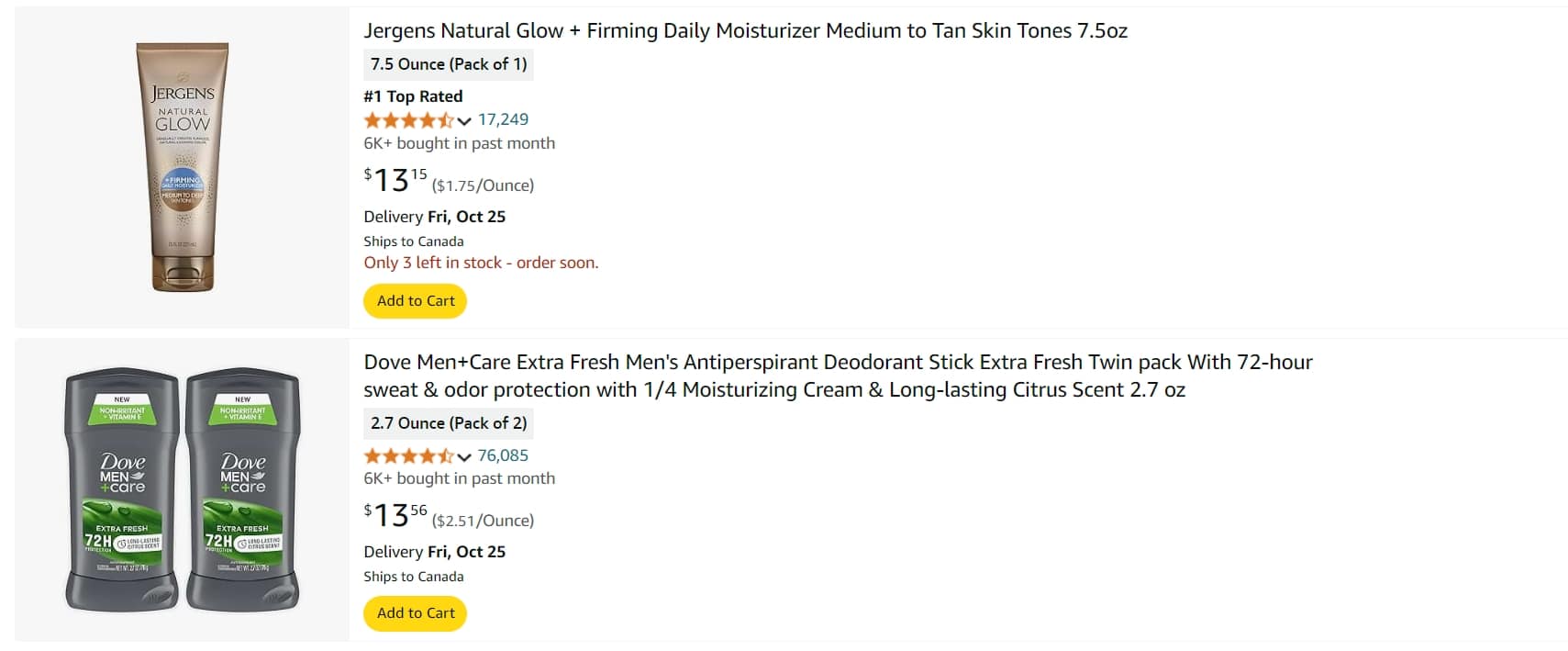
Secrecy in the Amazon Seller Community is Typical
Even in the world of “private label brands” (direct to consumer brands manufactured and sold by the same company) sellers try hard to keep the identity of their businesses secret from other sellers. Sellers are hesitant to share the identity of their businesses for fear that the successful marketing tactics they're using will be duplicated by a competitor.
In seller communities, it's typical that sellers only reveal the category they sell in (even to their closest colleagues) but not the actual products.
Do consumers care though if the identities of the sellers they're buying from is less than transparent? The truth is most probably don't care and many probably do not even know they're purchasing from a third party seller. To many customers, an item shipping from Amazon (and potentially gets returned to Amazon and refunded from Amazon) equates to it being sold by Amazon. Who the seller is is of little concern to them and the secrecy amongst Amazon sellers is likely to continue.

